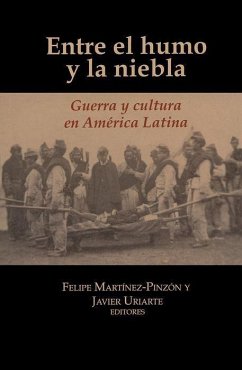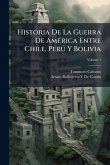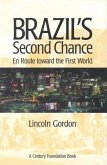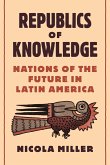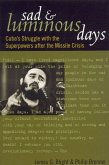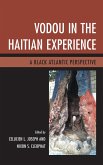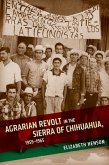Approaching Latin American modernity from the perspective of war, presents a challenge for the narratives built by literary and cultural critics in recent decades around the construction of nation-states. Through this perspective, cultural forms appear either as tools for the articulation of power or to challenge and resist it. The multiple armed conflicts that followed the fight for independence thus began to be thought of as modulations of 'social violence' internal to these processes, with the paradoxical result of their acceptance as symptoms of colonialism or lack of modernity. What does it represent instead to think of acts of violence in Latin America in the 19th and 20th centuries as acts of war? Beyond the urgency to rectify historical errors, this critical approach faces a double difficulty which the essays gathered in this volume explore with subtlety and boldness: on the one hand, it implies rereading the cultural fabric and forging critical categories outside of the historical construct built about the supposed absence or scant importance of war, investigating what it 'does to language' by traversing it and turning it into a weapon and technology. But also the difficulty of thinking outside of the histories and epistemologies of modern warfare based fundamentally on the European experience, to the detriment (from that perspective) of its more diffuse and obscure postcolonial manifestations. Thinking of modern Latin American cultures in terms of war-among the smoke and the fog-means doubly questioning the exceptionality of that war and viewing it, in short, as our foundation.
Bitte wählen Sie Ihr Anliegen aus.
Rechnungen
Retourenschein anfordern
Bestellstatus
Storno

